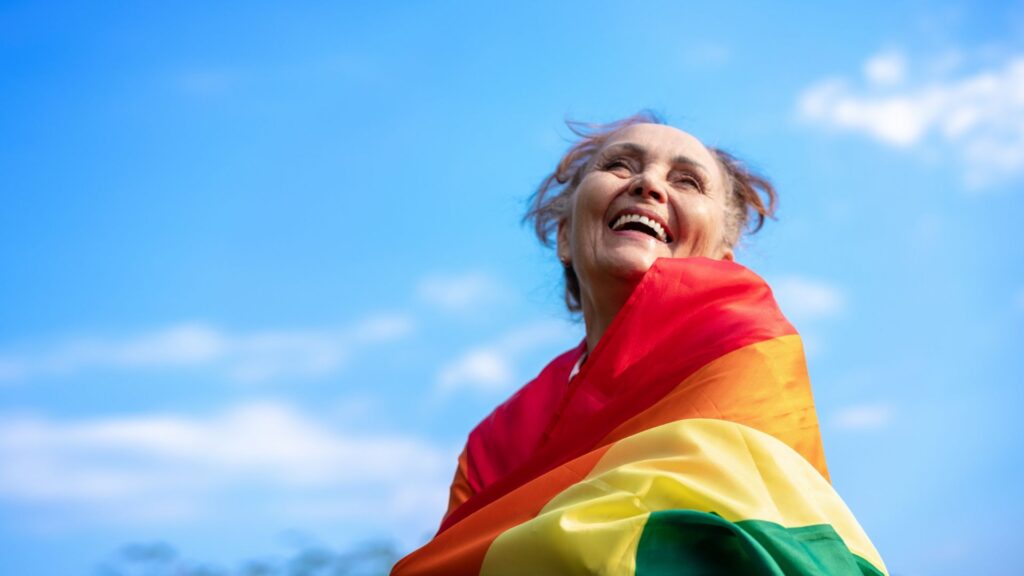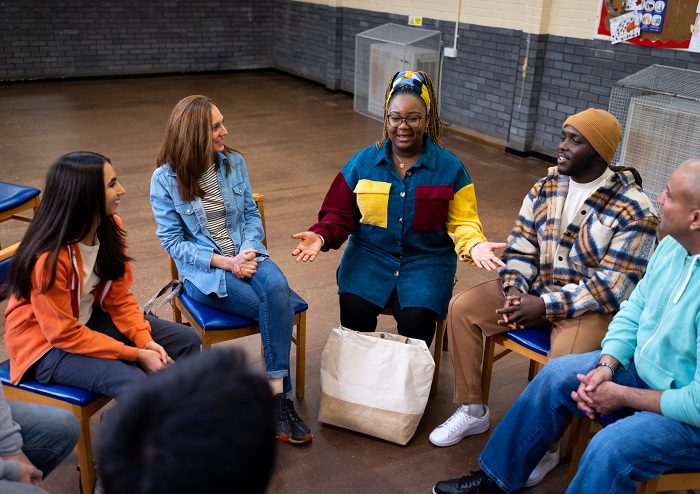
Is It Time to Decolonize Therapy?
Author Dr. Jennifer Mullan’s new book takes a critical look at care
If you are in distress, you can call or text 988 at any time. If it is an emergency, call 9-1-1 or go to your local emergency department.

Author Dr. Jennifer Mullan’s new book takes a critical look at care

I was driving my car down the street, heading to a movie with a friend, when all of a sudden: WHAM! A pothole. My tire was in there before I could react, and I don’t know what it did – bent my alignment or twisted my suspension or something (can you tell I’m no mechanic?) – but the next thing I know, I am stranded by the side of the road and being towed to the shop, facing a very hefty bill and a long process just to make her roadworthy again. And I missed my movie.

July is disability pride month.
This means a great deal to me because, for the first time in my life, I am disabled. I developed a debilitating and chronic post-viral condition after contracting COVID-19. My life has changed dramatically and has become, well, unrecognizable to me. I used to hike, walk, and dance. Go out and meet friends. Travel. Now I use a walker. I have a disabled parking sticker. I struggle to do a lot of things that I used to do.

I know firsthand that it can be tough to recognize when you need help. Years ago, when I was going through a major life crisis, it took me too long to ask for help. Later, I could see that I should have reached out to someone sooner. Why is it so hard to ask for help with our mental health? Would it surprise you to know that 60% of people with a mental health problem don’t seek help?

The Future Ready Initiative’s community-helping-community model supports people to strive and thrive.

It took me a long time to tell my Catholic parents that I am a lesbian. I remember coming home from university one Christmas with my heart in my throat. This was going to be the time. I wanted to do it over the phone so that I wouldn’t have to see their faces, so that I could hang up and cry into my pillow, but I couldn’t do that to them.

Profound and unacceptable inequities in access and mental health outcomes persist in Canada. In response, social justice movements have created a range of distinct but
Subscribe to get our magazine delivered right to your inbox HiddenRecord Type ID Name(Required) First Last Email Recent Catalyst Articles

This resource was published in 2023. The data may be out of date. What am I getting wrong about mental health? While people in Canada
You can’t learn anything from a pop up.
But you can learn lots from our digital magazine, the experts, and those who have lived experience. Get tips and insights delivered to your inbox every month for free!
Subscribe to The Catalyst